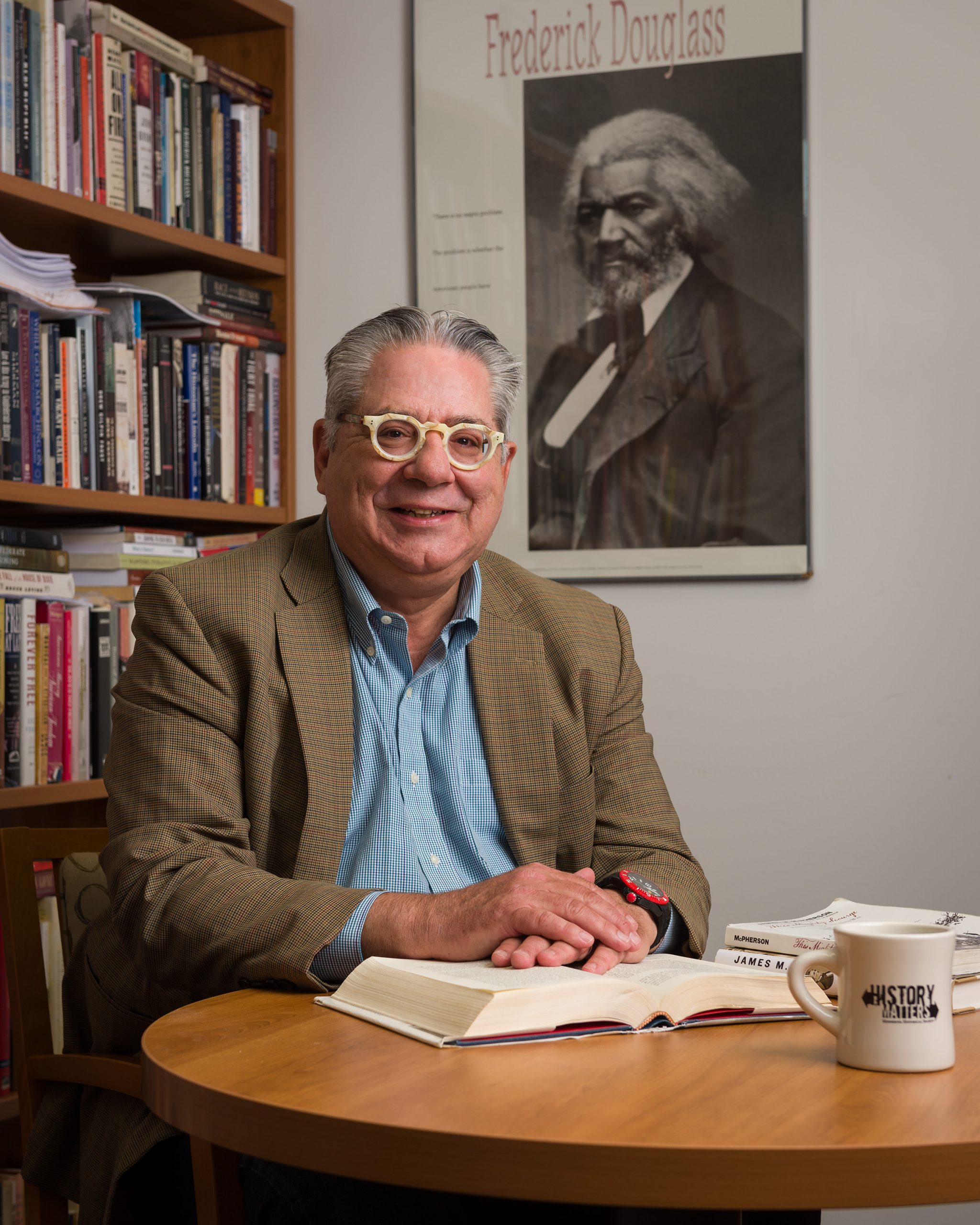First, congratulations to our graduates, the wonderful class of 2018. Second, a word of explanation. This award is usually presented by the previous year’s recipient. It is given at graduation and the recipient does not know before hand. Unfortunately, Pam Kittelson had a family commitment she made before she won the award, which she was unable to change or miss. Perhaps because this is the 20th anniversary of my receiving this award (so most of you were 2 when I got it) or perhaps because I am retiring or perhaps because the only person who won this award longer ago than I did and is still on the faculty wasn’t at the meeting where we discussed the nominees, I was asked to do the honors and an honor it is.
The Edgar M. Carlson award for Distinguished Teaching is the highest accolade given to a Gustavus faculty member. It is named after a legendary Gustavus president, who was a champion for academic excellence and church-related higher education. The Nobel Conferences and Christ Chapel were both started under his watch, which extended from 1944-1968. It recognizes “an established pattern of teaching excellence”, “innovative and effective teaching strategies”, and excellence in mentoring and advising.
One of the problems with this award is that only one person can be selected each year and Gustavus is blessed with many superlative teachers. Some deserving teachers may never receive this award and others may have to wait many years, receiving multiple nominations over a long career. Such is the case of this year’s recipient.
The words that have appeared over and over for this year’s Carlson recipient are “passion” and “enthusiasm.” Passion for his subject, for his teaching, and especially for his students’ development. A number of students admitted not liking this person’s subject, thinking it was boring until they took a class from this professor. In fact, a striking number of nominators noted they had changed from another major or added a major or minor in this subject because of this professor. One alumnus noted, “Whenever someone said something incredibly insightful,” this professor would “roll up a sleeve, point to his arm and say, ‘I’m getting the chills! You’re on to something!’ . . . He was unafraid to add very helpful insights, but the beauty of these discussions was that this professor let us come to conclusions on the nature of what we were studying ourselves.” Another said, “I remember him frequently actually bouncing up and down on his heels because of how excited he was by the subject matter and what all the students brought to the discourse. . . He didn’t take it easy. He was a tough, but fair, grader. He wanted everybody to learn and improve.” Time and again, nominators commented on the time, effort, skill, and care this professor put into pushing and helping students become better thinkers and better writers, skills that as one nominator commented are “applicable to any field or career path.”
Nominators also repeated praised this professor’s abilities as an advisor and mentor and his clear dedication to supporting students. Letters from alumni who have gone on to graduate school have testified to this professor’s inspiration, support, and guidance, which continued long after their graduation. But this professor cares about all of his students as was evident in letters coming from his FTS and other non-major students. This was most poignantly expressed by an alumna who now works for a non-governmental organization, who testified: “This professor deeply invests in his students and sees their unlimited potential for growth. Being a first-gen university student from a low-income background and no family support, this professor’s guidance was often the only that I had, and I relied on him considerably to navigate the intimidating world of undergrad and afterwards the “real world”. Even now he is as encouraging as he is proud of me.”
Equally impressive is this professor’s commitment to constantly critically re-thinking his teaching and the curriculum over a more than 30-year career. While constantly refreshing his courses with an evolving set of primary materials, he also developed a string of popular new courses, including The Sixties, American Dissent, Hollywood USA: Film and the Culture of the 1930s, and Slavery and Freedom in the Atlantic World. He was instrumental in developing HIS-200: Thinking Historically, the core course for History majors. In all his classes, like Lin Manuel Miranda did with Hamilton, this professor sought to excite students about history and to help them see its relevance to the present. And he has frequently contributed to sharpening faculty thinking on the curriculum and the importance of the Humanities and liberal arts education by sharing articles from a wide range of professional publications.
Needless to say, this year’s recipient of the Carlson Award for Distinguished Teaching is History professor Greg Kaster. Greg received a B.A. and M.A. from Northern Illinois University and a Ph.D. from Boston University. He has taught at Gustavus since 1986. In addition to his many publications and presentations on American labor and workers, his specialty, he is one of Gustavus’ “public intellectuals,” publishing newspaper pieces on history and film. As one nominator put it, he has been an important ambassador for Gustavus, history, and I would add for liberal arts education and the Humanities.
Greg, this award was perhaps long in coming, but I have been privy to 19 years’ worth of nominating letters and discussions, and I want you to know how long you have been respected by your colleagues and loved and admired by your students. Congratulations!
Presented by Florence Amamoto
Associate Professor of English
1998 Recipient of the Edgar M. Carlson Award

Leave a Reply